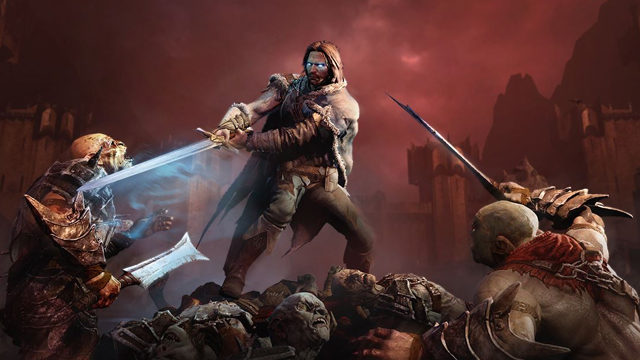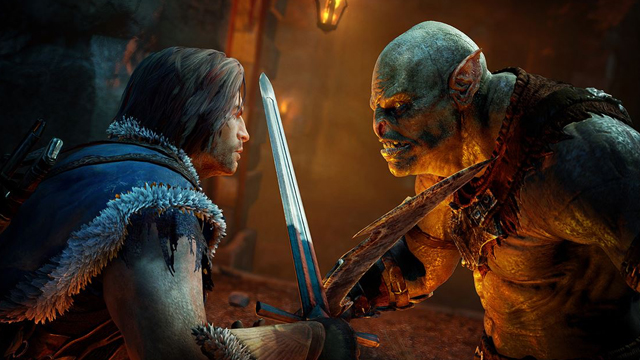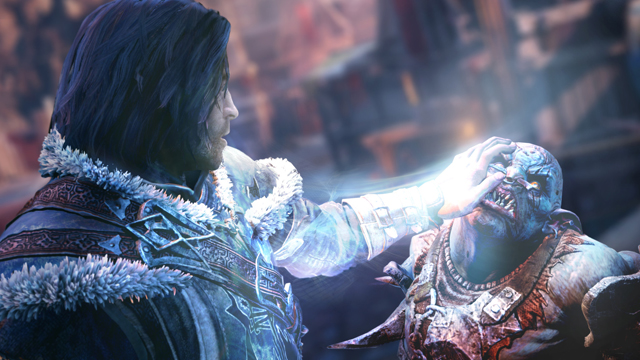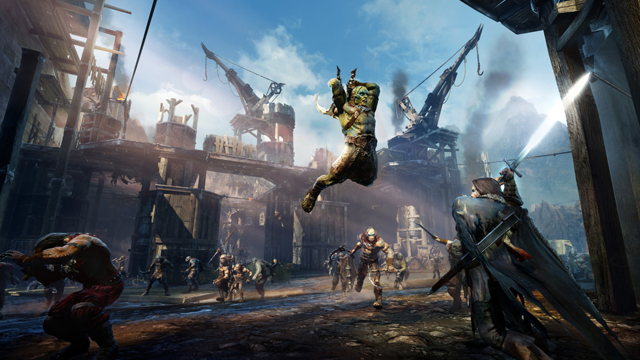
Remember that scene in The Simpsons when they’re all in the car and reflecting upon Homer’s decision to stop his career as a Cannonball Thingy Guy? They start talking about what’s cool and what isn’t. The children are decidedly unimpressed with their parents’ insistence that they know what “cool” is. It’s a hilarious ending to classic episode, and all the more fitting that it’s featured in a storyline looking back at counterculture and youths’ shaky affirmation that the older generations don’t know what they’re talking about.
I don’t quite have a band I, like, totally knew before anybody else did. I was never very into music, so I didn’t really have anything I took pride in knowing it was cool before the masses caught up. I wasn’t even sure what cool was. I can rightfully claim I first read A Game of Thrones when I was 12, and I have a vivid memory of discussing the infamous Red Wedding chapter with one of my best friends in my parents’ basement. Still, I don’t feel like I have some secret knowledge or claim to how fantastic the series is, even now with it being the biggest show on television. “Oh, I knew about the books 19 years ago.” If I say something like that with some unearned pride, I usually follow up with how ecstatic I am that more people appreciate it and how successful it’s been.
When it comes to games, there is one trend I feel I had a special kinship with that has broken free of the niche group I secretly shared with so many people I’ve never met. The role-playing game has grown up, evolved and seemingly moved on. It’s so cool to be an RPG, almost every game is doing it now. People have become aware. Am I resentful of the genre I pleaded for and claimed was the coolest thing since sliced bread, now that it’s widely accepted and crammed into every nook and cranny of games? Partially, yeah. I knew RPGs were cool way before Final Fantasy VII, you know.

I don’t believe one genre has to suffer in order for another to thrive. It’s likely just the natural evolution of game design that big, grand-scale RPGs are not financially feasible anymore, certainly not on the scale they used to be. What’s happened instead is almost every non-traditional RPG has adapted “RPG elements,” almost always for the better. Out of the last nine games I’ve beaten this year, five of them had some sort of character progression (like leveling up, choosing skill trees, equipping gear or acquiring items) that in the past would have been exclusive property in something like Dragon Quest or Final Fantasy. Recently, Middle-Earth: Shadow of Mordor perfectly handles this by giving me one of the most satisfying power progressions I’ve ever seen in a game.
Somewhere between Assassin’s Creed and the Batman Arkham series is Shadow of Mordor. On the surface, it’s Arkham’s battle system exactly, with a huge emphasis on stealth and quests akin to Assassin’s Creed. The controls are a bit touchy at times, but once you get your dance of death going, you feel like you cannot be stopped. The game does an excellent job at letting you pick your stats, upgrade your weapons and unlock your skills with quests at a masterful pace. I started out feeling overwhelmed; the map is literally littered with your Uruk enemies, and they’re rarely alone. I often find myself swarmed by a small army, but I seldom feel completely outmatched. The challenge is large, but I have adequate tools to handle it, so I enjoy it.
Once the “brand” ability comes into play, it almost seems unfair. Now I can turn the tide by mind-controlling the Uruks and having them fight for me. Enemies fall quicker and quicker. I can see and feel myself getting more powerful with each fight. And it’s almost all thanks to RPG elements rooted in the past. Trust me, building up a hit combo (again, Arkham) and using a flurry of kills to explode an Uruk’s head, then turning around and mind-controlling a spearman about to skewer me to now fight for me is utterly satisfying, every single time.

I want to shoot more Uruks in the head, so I save up experience points and use them for that particular skill. The choice is up to me. I’m not able to pick any other protagonist other than Talion, but who cares? He’s the epitome of the noble, realistically cynical warrior who may as well be Ezio, Aragorn and Batman’s ancestor (or future offspring). Part of the reason this style of progression is so powerful is it reminds us of a time when we had trouble landing a small combo and couldn’t even conceive that we’d taken on three captains at once in a fight. Now I hardly bat an eye. Because of my “hard work” (believe me, some of the missions are painfully annoying), I now reap the benefits beyond muscle memory and my own knowledge. My Talion now is more powerful than the Talion from hour one, hour five and hour ten. My wraith ally comments frequently on how our powers are growing, and the game shows and tells this magnificently.
Sure, grand-scale Japanese-style role-playing games may be a dying breed, but I see their concepts (which themselves derived from older western RPGs) in a lot of modern experiences, and that’s not so bad. I shouldn’t be concerned by sounding bitter and trying to protect my own personal space of what I think video games should be. I should be dedicated to encouraging new players, welcoming old players back and embracing new concepts with the type of gameplay I’ve loved since I first played Final Fantasy IV back in the early ’90s. The power I feel as late-game Talion is akin to being over-leveled in an RPG and tossing aside horrifying monsters that, not so long ago, gave me huge trouble. I’ve grown.

Now everyone thinks RPG stuff is cool. Developers, I’m assuming, saw the initial appeal and realized they could adapt the system to other types of games at a lower cost of development. Fair enough. RPGs are easily among the grandest of all genres; they have the most lore, the most locations, the most music… the most everything. That’s a hard trick to pull off, so I’ll accept what it’s become.
By the way, you should really check out Square and Enix games before the two formed Square Enix and became mainstream. It’s a lot better than their modern stuff. Super cool.



















